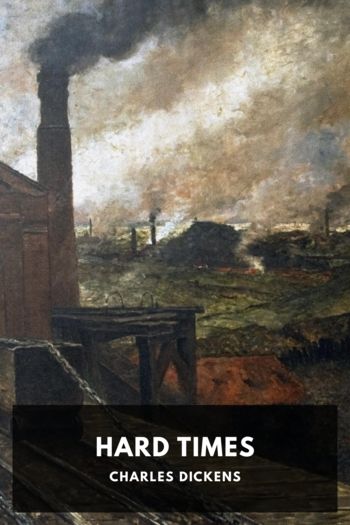Millennium Holland, Tom (read dune .TXT) 📖

Book online «Millennium Holland, Tom (read dune .TXT) 📖». Author Holland, Tom
Yet for Ethelred himself there remained one final step to be taken. Charged as he was by God with the defence of the English people, and aware, as he surely must have been, of the awful significance of the dawning of the new millennium, how could he not have dreaded what else, aside from wheat, might be flourishing in the rich soil of his kingdom? ‘He who sows the good seed is the Son of Man.’ So Christ had explained to His disciples. ‘The field is the world, and the good seed means the sons of the kingdom; the weeds are the sons of the evil one, and the enemy who sowed them is the devil; the harvest is the close of the age, and the reapers are angels. Just as the weeds are gathered and burned with fire, so will it be at the close of the age.’ And now, it seemed, the close of the age was at hand; so it was time to gather the weeds and consign them all to the flames. Though Trygvasson and his men were gone, there were other Northmen, Danes, living openly in the towns of England, merchants drawn there in huge numbers by the peerless wealth of the kingdom, and living peaceably enough, it was true – but Northmen nevertheless. Who, then, could tell what atrocities they might be plotting? Who tell what succour they might provide a Viking invader? And so it was, as Ethelred’s self-justification put it, ‘that a decree was sent out by me with the counsel of my leading men and magnates, to the effect that all the Danes who had sprung up in the island, sprouting like weeds among the wheat, were to be destroyed by a most just extermination — and this decree was to be put into effect even as far as death’.
The massacre took place on 13 November: St Brice’s Day. It was, if the bald descriptions of contemporaries are to be trusted, awesomely comprehensive. Ethelred was evidently as efficient at organising a pogrom as he was at stinging his subjects for taxes. Considerations of Christian charity appear not to have moderated the ruthlessness with which the operation was carried out. In one particularly chilling episode, in Oxford, the Danes were incinerated as they huddled together for protection inside a church. Far from serving as a reassurance to the English that their kingdom was being secured against the coming of Antichrist, such an act of desecration led many to dread the opposite. ‘But of that day and hour no one knows.’ These were the familiar words deployed by Wulfstan, London’s bishop, and Ethelred’s most brilliant counsellor, as he sought to reassure his flock that the end time was still to arrive; yet even he could not conceal from his listeners what the surest portent of Antichrist was to be. The casting down of God’s temple, of God’s house: such was to be the sign.
And now the stones of a church lay smoking in the heart of England, greasy with human ashes, a veritable charnel-house. If truly a sign, then it was a threatening one indeed.
Ragnarok
Strange tales were told of Olav Trygvasson’s return to Norway. One day, it was claimed, after he had successfully toppled the local strongman and driven him to a squalid end in a pigsty, decapitated by his own thrall, the new king was in a fit mood to be entertained. At his side there suddenly appeared an old man, cloaked and white- haired, with only a single eye. Entering into conversation with the stranger, Trygvasson found that there was nothing the old man did not seem to know, nor any question to which he could not give an answer. All evening the two of them talked; and even though the king was eventually persuaded to retire to bed by a





Comments (0)